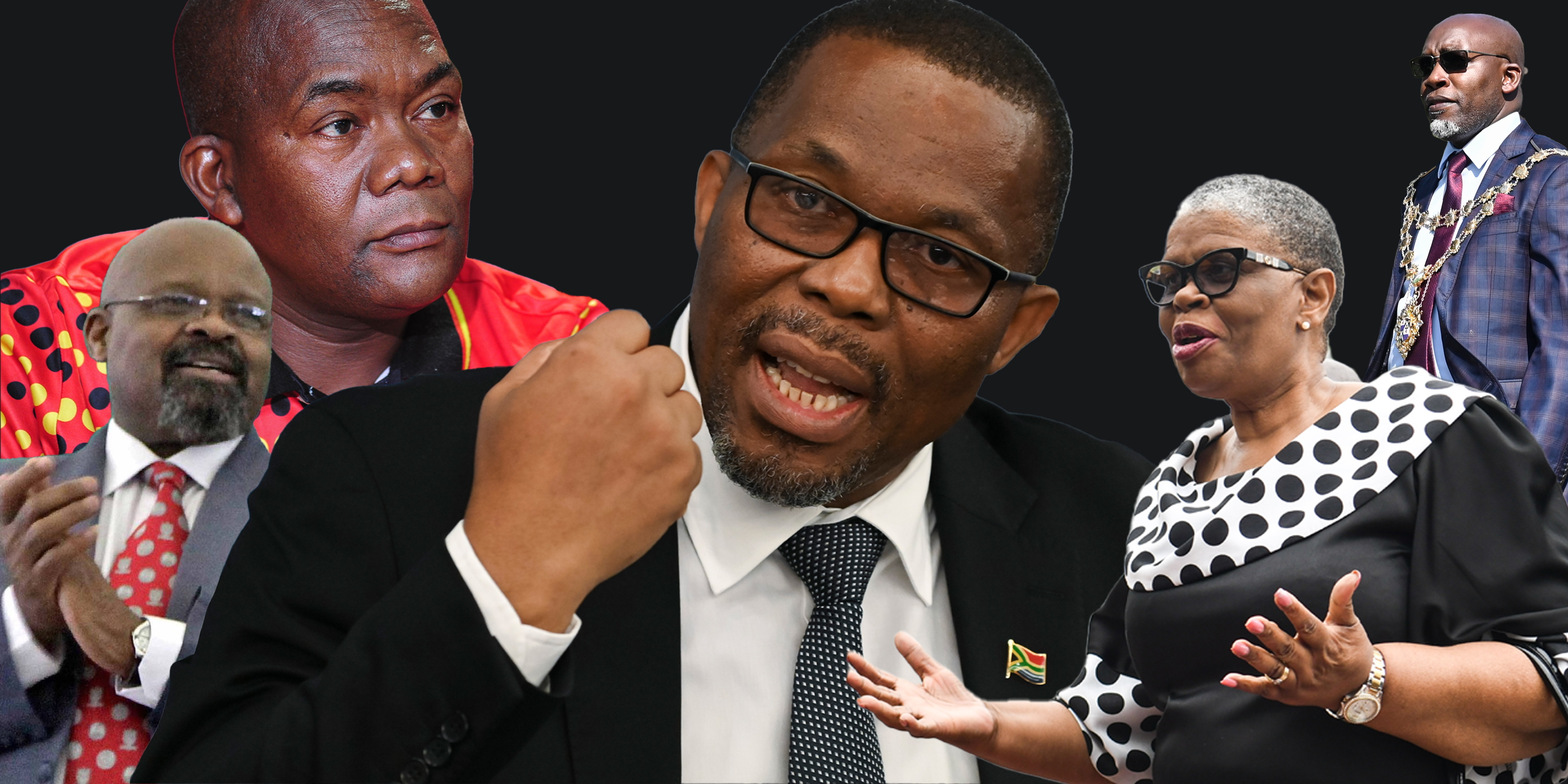KwaZulu-Natal’s path to democratic local governance was anything but smooth. While the rest of South Africa held its first multiracial local government elections in 1995, KZN remained trapped in a storm of political violence and social instability.
The province’s elections were postponed until September 1996, when Durban finally emerged from the chaos to elect its first black mayor – a moment that promised transformation but also foreshadowed turbulence.
eThekwini’s post-apartheid mayors
Obed Mlaba (1996-2011)
Obed Mlaba became eThekwini Municipality’s first mayor in 1996, overseeing ambitious urban development projects such as the KwaMashu Town Centre upgrade and the Riverhorse Valley Business Estate. These initiatives aimed to address apartheid-era inequalities and stimulate economic growth.
However, Mlaba’s tenure was not without controversy. Governance and service delivery challenges plagued his administration, and within the ANC he wielded limited influence. Real power rested with figures like Bheki Cele and the late John Mchunu, who controlled the ANC’s powerful eThekwini region and, by extension, the lucrative tender system. Patronage networks flourished during this period, with Mchunu later consolidating power by ousting Cele.
James Nxumalo (2011-2016)
James Nxumalo succeeded Mlaba, prioritising service delivery and integrating townships and informal settlements. But his tenure was overshadowed by internal ANC power struggles, particularly with Zandile Gumede.
The awarding of tenders to politically connected individuals, including housing projects and the sale of the city’s bus fleet, drew widespread criticism. The Manase Report, initiated during Nxumalo’s term, exposed corruption and maladministration but was dismissed by opposition parties as inadequate. Ultimately, Gumede emerged as a dominant force after a contentious leadership battle.
Zandile Gumede (2016-2019)
Gumede’s time as mayor removed the so-called two centres of power because for the first time the leader of the ANC in the eThekwini region took the mayoral chains.
But her era was also marked by scandal and allegations of corruption. Early in her term she replaced city manager Sbu Sithole with Sipho Nzuza, following a public campaign accusing Sithole of resisting ANC transformation policies.
Her administration became infamous for the R320-million Durban Solid Waste tender scandal, which led to her arrest, alongside Nzuza and 19 co-accused individuals and companies over 200 charges, including fraud, corruption and money laundering. Gumede was forced to step down in 2019, paving the way for Mxolisi Kaunda to take over.
Mxolisi Kaunda (2019-2024)
Mxolisi Kaunda inherited a fractured municipality, reeling from the fallout of Gumede’s leadership. Tasked with restoring order, Kaunda faced mounting criticism for failing to address rampant tender corruption, which remained entrenched.
The ANC’s dominance in eThekwini waned during the 2021 local government elections, with the party losing its outright majority, dropping from 126 seats in 2016 to 96 in 2021. A coalition with smaller parties, including the Abantu Batho Congress (ABC), kept the ANC in power but required concessions, such as appointing ABC leader Philani Mavundla as deputy mayor.
Kaunda’s tenure coincided with catastrophic events: the July 2021 riots, which left Durban in turmoil, and the 2022 floods, which exposed the city’s fragile infrastructure. Water shortages, blamed on the floods, further enriched the Water Tanker Mafias, deepening public frustration with the municipality.
Cyril Xaba (2024-present)
In late 2024, Cyril Xaba was parachuted in from the National Assembly to salvage eThekwini. Critics are divided: some see Xaba as a potential reformer capable of turning the tide, while others argue that the city’s deeply entrenched rot is beyond redemption.
Waiting in the wings
Wayne Sussman, an independent political and election analyst, said it is still unclear from which political party the man or woman who will be wearing the mayoral chains will come.
“In the 2024 general elections, the MK party won just more than 48% of the vote, twice as much as the next political party, the DA, and more than three times more than the ANC, which got 15%. But general election trends are different from those of local government polls. However, unless MK is plagued by divisions over councillors and positions, it will stand a good chance of deciding who becomes the mayor of eThekwini,” he said.
As eThekwini grapples with its challenges, the city’s history serves as a reminder that progress is never linear. The legacy of its post-apartheid leaders reflects both the promise and pitfalls of transformation – a story with no blank pages. DM




